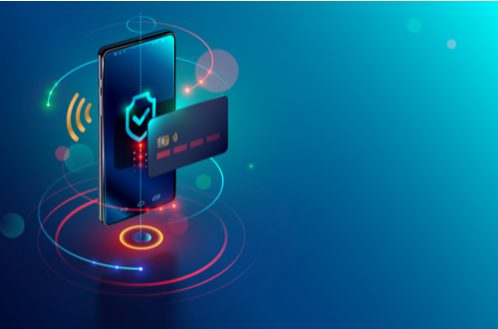France, which has long been sceptical of the growing power of US Big Tech companies, is seeking to bypass Apple and Google for a smartphone app to help trace people infected with the novel coronavirus.
The move, which will leave France relatively isolated in Europe alongside Britain and Norway, reflects differences on how such apps should be structured, who has access to sensitive data, and their effectiveness.
Being dependent on Apple and Google means “staying in an extremely restrictive framework for usage” of the data, said a source close to France’s contract tracing effort.
“It is Google and Apple who are defining the debate” in what is essentially a public health issue, the source added.
A number of countries, including India, have already deployed “contact tracing” apps on smartphones that track a person’s contacts and alert them if need be.
These apps can be based either on a decentralised or centralised architecture.
A decentralised architecture keeps the information about whom a person has been in contact with on the smartphone. If the person declares themselves to have been infected by the coronavirus, then those people deemed to have been in close contact for an extended period receive a notification to isolate themselves and get tested.
In a centralised system, the data is managed by an authority, for example a national health service, which would have access to the data to ensure those who are exposed are indeed following the proper health and isolation recommendations.
Apple and Google banded together last month to develop coronavirus contact tracing technology that would work across their operating systems.
Full Content: Euro Weekly News
Want more news? Subscribe to CPI’s free daily newsletter for more headlines and updates on antitrust developments around the world.

